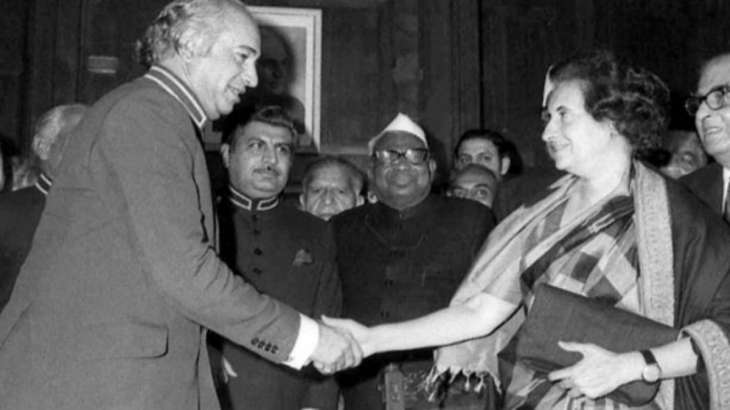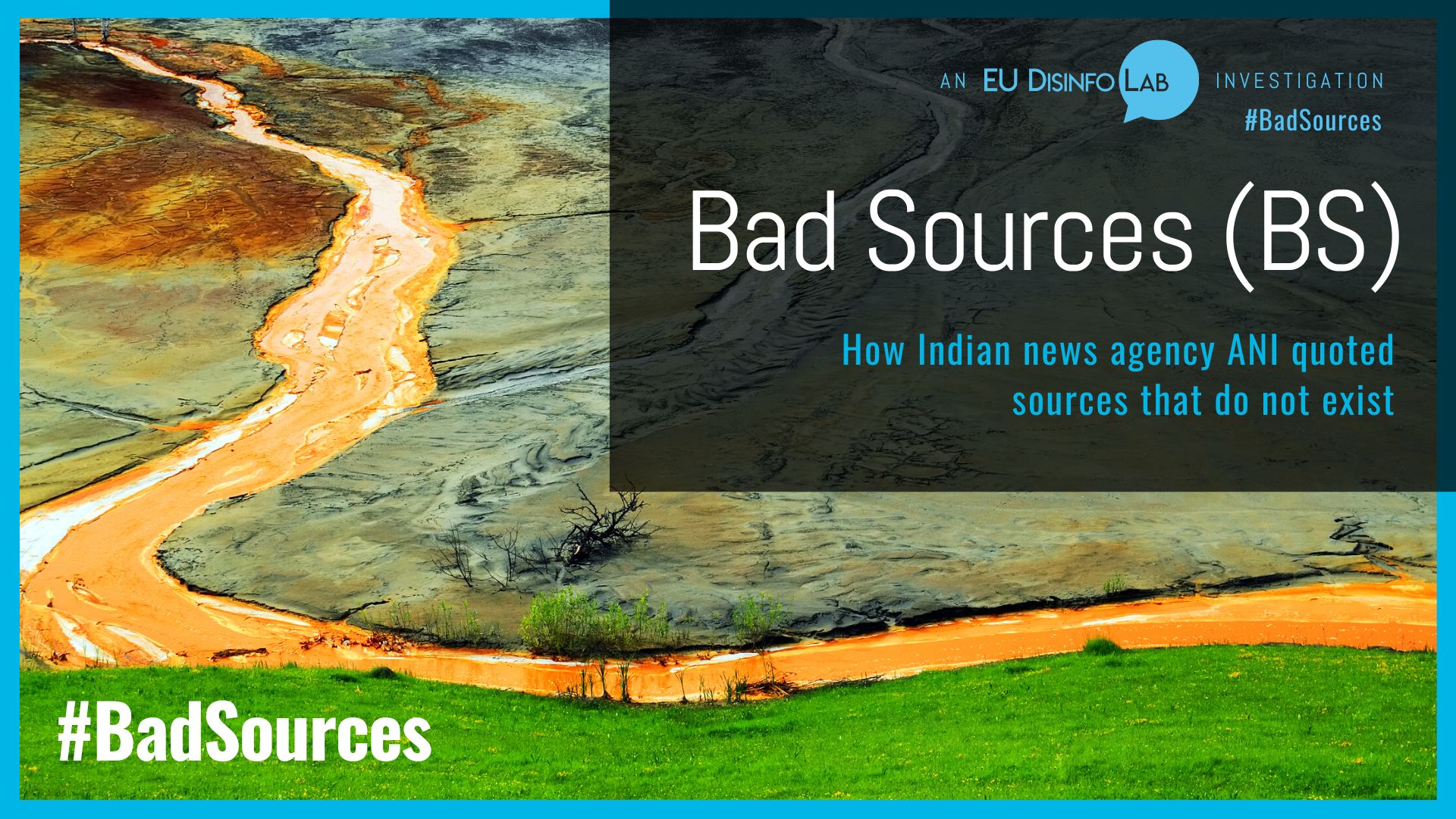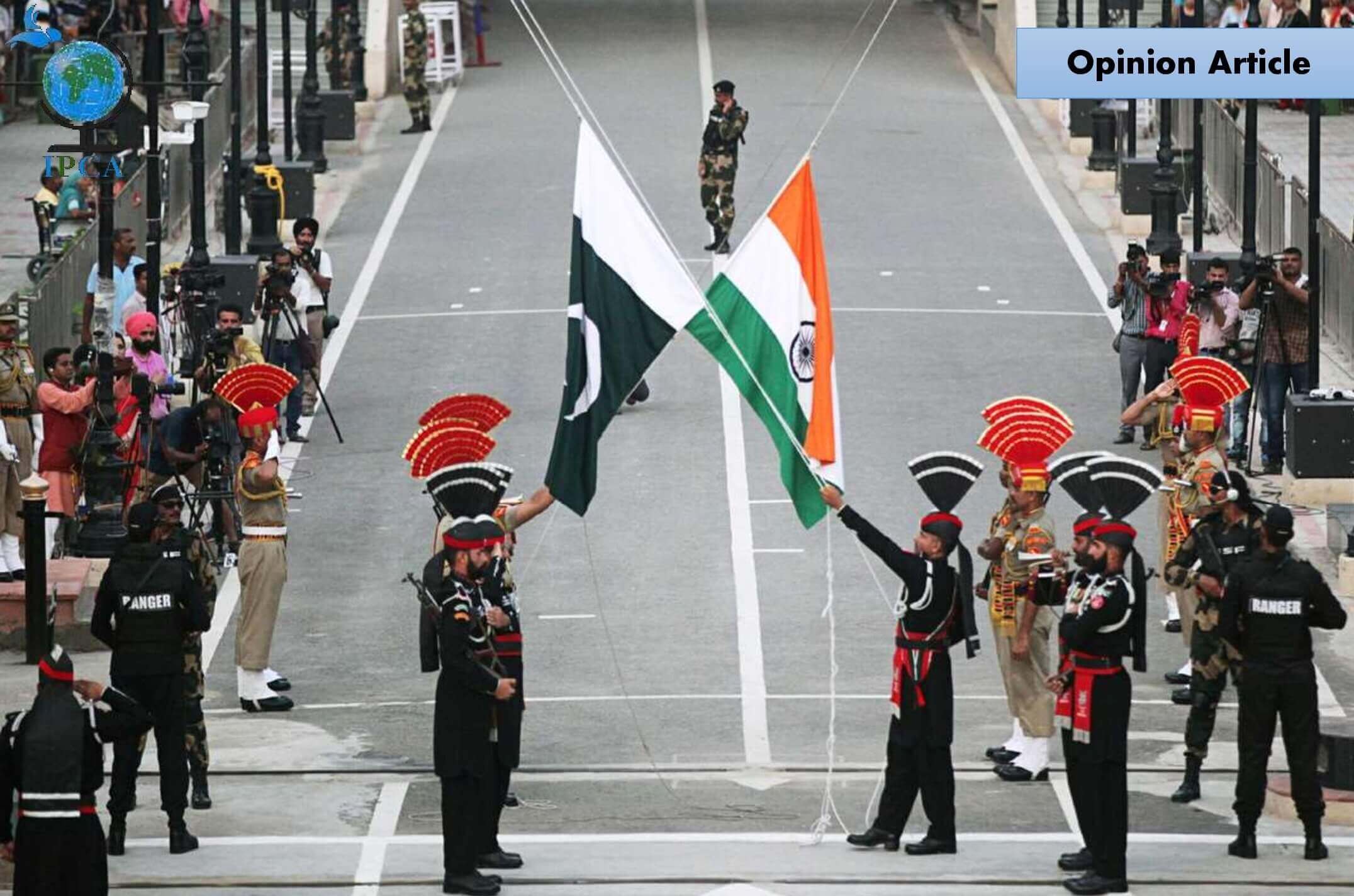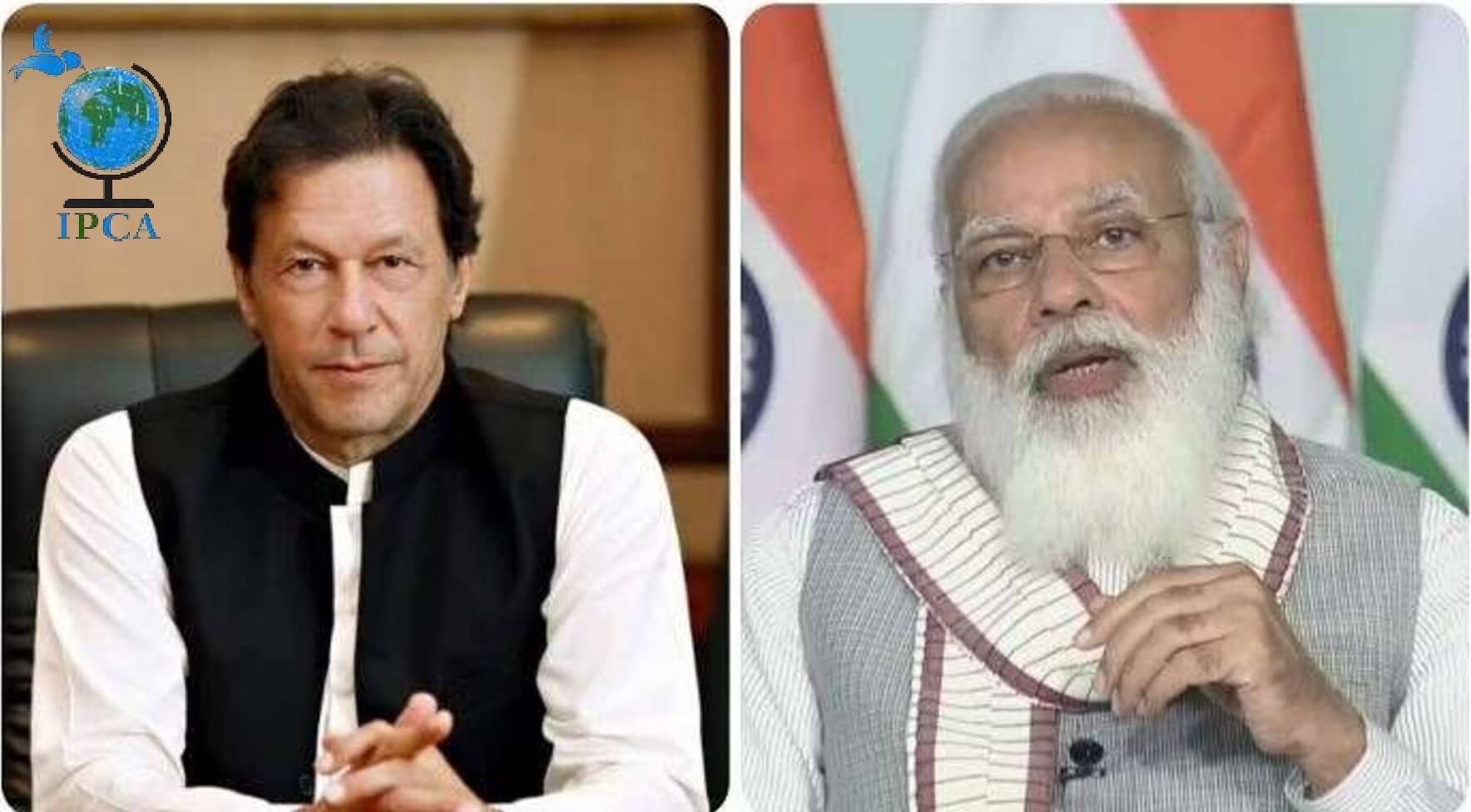The political use of Hindutva ideology has been fully manifested in India. The decade-long dominancy of the Indian National Congress ended, with the win of BJP in 2014. Both major political parties have used Hindu nationalism as a populist tool at different times. However, since BJP led by Modi came to power, this has become predominant force in the Indian politics. The Bharatiya Janata Party (BJP) is commonly perceived as the political arm of RSS, a right-wing Hindu nationalist and paramilitary volunteer organization. Hindutva ideology advocates for the supremacy of Hinduism in India and the establishment of a Hindu state, contradicting India’s democratic and secular claims.
The Hindutva ideology is a significant concern for the peaceful coexistence of South Asian states, particularly due to India’s desire to propagate it. The belief system is grounded in the philosophy of exclusion, prejudice, terrorism, racism and fascism. This ideology directly contradicts India’s long-standing claims of secularism, a foundational principle of democracy that involves safeguarding the rights of all members of society regardless of religion, caste, color, or creed. On the contrary, presently, and practically the Hindutva ideology of Rashtriya Swayamsevak Sangh (RSS) and the Bharatiya Janata Party (BJP) means genocide, plunder, plight and pillage of the non-Hindus living in India. “Hindutva is the main ideology which resisted the partition and independence of Pakistan,” “Both Bharatiya Janata Party (BJP) and Rashtriya Swayamsevak Sangh (RSS) want to undermine the Muslim community and other minorities living in India under the Hindutva ideology,” “In fact, BJP and RSS wanted to extend the Hindutva ideology to other countries of the region including Iran and Afghanistan but Pakistan is the main obstacle for them to achieve their hateful aim,”. February 18, 2022, marked the 198th day of Indian imposed curfew in Kashmir turning the whole valley into the world’s largest jail. However, the international community including the United Nations (UN) and Organization of Islamic Cooperation (OIC) are silent spectators to the Indian violence. Indian forces under Indian Prime Minister Narendra Modi are committing unprecedented violence in terms of mass murdering, blinding through pelleting, rapes, tortures, forced disappearances, political repression and suppression of freedom of speech. the government to file a lawsuit in the International Court of Justice (ICJ) and the International Criminal Court under the Rome Statute against Modi for his crimes against humanity and genocide in occupied Kashmir.
India, the so-called largest democracy, is being governed by Hindu extremists who are in pursuit of dominating the region, thereby posing a serious threat to religious minorities in India, particularly the Indian Muslim minority and the people of Kashmir. The pursuit of Hindutva ideology is pushing the 200 million-strong Muslim minority in India towards trouble. Since the Modi-led BJP government came to power, there has been an intensification of communal and religious tensions in India. In recent years, there have been frequent human rights violations in India. On October 18, 2022, the Indian government approved the release of 11 men sentenced to life in prison for gang-raping Muslim women and murdering members of their families during the 2002 Gujarat uprisings, where nearly 2,000 people, mostly Muslims, were killed in religious violence when Modi was the chief minister of the state.
In addition, human rights abuses in Jammu and Kashmir continue to worsen the lives of the Kashmiri people. On October 17, 2022, the Indian PM, while addressing a rally in Gujarat, said he had resolved the issue of Jammu and Kashmir. Here arises a question: Has Modi resolved the Kashmir dispute and given the right of self-determination to the people of Kashmir? The answer is simply No. By abrogating Article 370 of the Indian constitution and removing the special status of the Kashmir valley, Modi has indeed wiped salt into the wounds of Kashmiris. The Modi government, under the ideology of the RSS, has made the lives of the Muslims in Kashmir hell and used this brutal tactic to turn most of the territory into a minority.
Furthermore, the Modi-led Hindu nationalist government has also increased its attempts to dominate the region. Not only Pakistan but also other countries in the region are unwilling to accept Indian hegemony. India’s aggressive strategic policies are threatening the peace of the region. As the Indian nuclear command and control system is claimed to be under political control, it generates huge reservations about the consequences of such Hindutva-driven extremist political control. To impose its regional hegemony and promote its great power ambitions, India is engaged in massive militarization. While India’s conventional and nuclear build-ups are affecting the strategic stability of South Asia, its intercontinental missiles such as Agni-V and Agni-VI, which can target Washington, London, Paris, and Moscow with nuclear warheads, are a serious threat to world peace.
It is high time for regional countries to raise the issues arising from the Hindutva-driven politics at international and regional forums. The world community should not turn a blind eye to the continuous human rights violations in India and Jammu and Kashmir. Also, they must realize that Indian military buildups are not only threatening the peace of South Asia but that their negative foreign policy objectives combined with conventional and nuclear capabilities can put international security at risk.
The ghar wapsi (return to your home) campaign by RSS and the demolition of renowned Babri Mosque are the results of Hindutva ideology. The RSS and BJP reject the concept of composite culture that Indian National Congress and others propounded. They are fueled by an extremist ideology that negates other religious minorities’ right to live peacefully in consonance with their way of life. RSS and BJP’s philosophy is contrary to coexistence and harmonious living, and rather preaches forcible submission. For instance, nowadays Muslims are tortured and even mercilessly killed for slaughtering cows. Today, due to Hindutva ideology, which is akin to Nazi mentality, even the opponents of Quaid-e-Azam Muhammad Ali Jinnah are saying that he was right.
Hindu nationalism has far reaching consequences across the Indian borders. Many Hindu nationalists believe that a proper map of India would include Nepal, Bhutan, Afghanistan, Pakistan, and Bangladesh. Hindu nationalists have even undertaken a campaign to rewrite Indian textbooks to change the maps to reflect what they believe are proper borders. It is unclear at present, but if this sentiment does result in a future expansionist foreign policy, India will be more likely to engage in conflict with Pakistan, other neighbors, and even possibly China. The Constitution of India still enshrines secularism, but the trend for the past three decades indicates it is moving toward Hindu nationalism. Nehru’s commitment to secularism was his declaration that India could be a peaceful, multi-religious state. Jinnah maintained his doubts. The success of Hindu Nationalist Party will determine if Jinnah’s doubts about India’s secularism were warranted.





